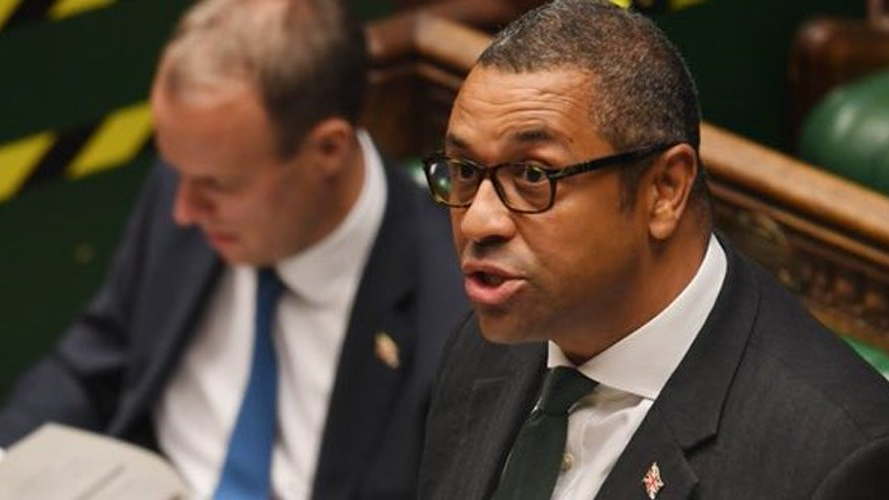Several activists, human rights and anti-war groups and opposition members of parliament in the UK criticized Boris Johnson-led conservative government’s decision to cut its humanitarian aid to war ravaged Yemen by almost half on Monday, March 1.
The Johnson government announced in a United Nation pledging conference that it would commit just 87 million pounds or USD 121 million in aid to war ravaged Yemen in the year 2021. The decision was announced by the foreign office minister James Cleverly. The amount of aid was almost half of 160 million pounds or USD 223 million the UK government pledged for the country in the same conference last year.
The cut in the aid becomes starker this year because the UN has already stated that it needs USD 3.85 billion to cover all humanitarian aid work expenses this year. This is largely due to the COVID-19 pandemic which has worsened the plight of the millions of Yemenis already suffering from starvation, lack of medicine and security as a result of the ongoing war waged by Saudi Arabia and its allies.
The UN has only raised USD 1.7 billion so far, less than half of the targeted amount, because of the lower pledges by the rich first world countries like the UK and the US.
The US pledged USD 191 million in aid to Yemen this year, USD 35 million less than last year.
The UN secretary general Antonio Guterres has warned that “cutting aid is a death sentence” for the millions of children, women and men desperately in need in Yemen. The decision by the UK government will have a massive impact on the achievement of the UN targets this year.
The UK government’s move is related to its decision to reduce the share of foreign aid in its GDP from 0.7 percent last year to 0.5 percent.
Reacting to the government’s decision, David Miliband, former foreign secretary and leader of the Labour Party and the current head of the International Rescue Committee, a global charity, said that, “It is hard to imagine a more self-defeating decision for the UK or disastrous decision for Yemenis”, Middle East Eye reported.
The UK shadow foreign secretary and labor MP Lisa Nandy criticized the decision in a tweet.
This is a deeply depressing statement of intent from the Government. Despite all the talk of Global Britain this is us abandoning our moral obligations, pulling further away from our allies and stepping back just as the USA steps up. https://t.co/FHZFBrFaYZ
— Lisa Nandy (@lisanandy) March 1, 2021
UK continues selling arms to the Saudi Arabia
Critics have pointed out that the UK government earns billions of dollars every year from the war by selling arms to Saudi Arabia and its allies. According to Campaign Against Arms Trade (CAAT) in the last six years of war in Yemen, the UK government has sold weapons worth USD 9.5 billion. In just two months last year, the UK government approved the sale of weapons to Saudi Arabia and its allies worth USD 1.88 billion.
Campaign Against Arms Trade issued a statement condemning the UK government’s decision saying that the humanitarian disaster there “is a direct result of the devastating war” in which “UK-made fighter jets, bombs and missiles are playing a central role” and any aid to Yemen, “is eclipsed by the value of arms sales that government has licensed to the regimes” responsible for the war.
Last month when the US president Joe Biden announced the halt in the sale of weapons to Saudi Arabia, the UK, a close ally which always follows the US policies in the region, refused to stop its weapons sales despite demands raised by opposition members of parliament and anti-war groups in the country.





